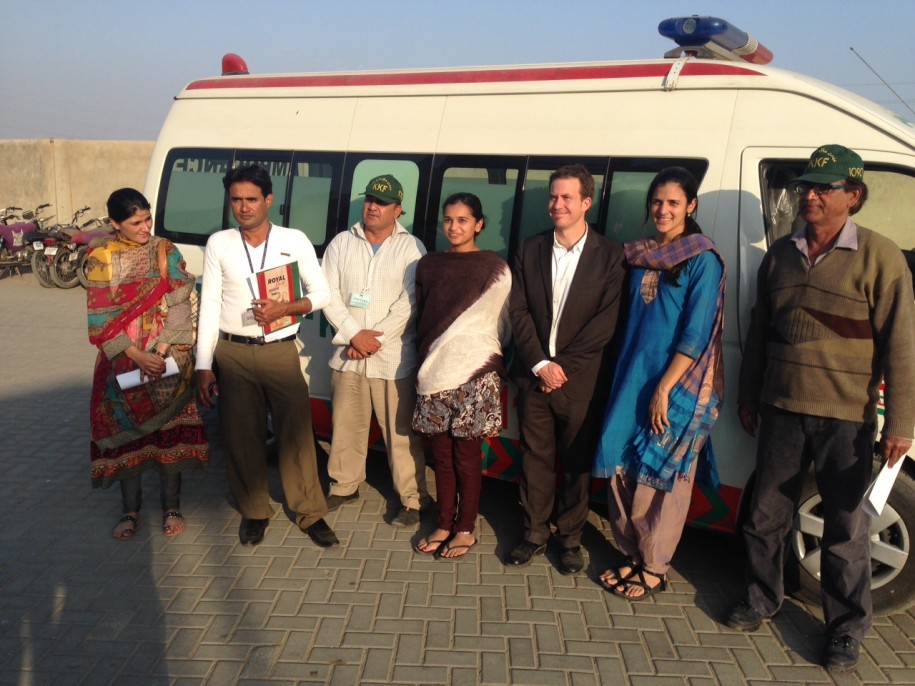SAI and Aman Foundation Partnership
In the past, Karachi has had a baseline of mental illness, but in recent years there are increased occurrences of pervasive trauma due to common occurring disasters. The population of Karachi is now severely impacted by the ongoing trauma. Educated people are leaving the city, and first responding are burning out, Karachi is neither pre or post conflict, and there is a pervasive fear all the time.
A meeting of Harvard clinicians from HMS, HHI, HSPH and Dr. Junaid Razzak, CEO Aman Health was organized by SAI in June 2013 to discuss key issues of mental health systems and disaster response in Karachi.
From the meeting, there emerged three areas of focus for collaboration between Harvard and the Aman Foundation to support the development of mental health systems in Karachi, including psychological first aid training, caring for the caregiver, and women’s access to mental health services.
- Psychological first aid training: There is a need for psychological first aid training for people on all levels of the community, from doctors and nurses, to community health workers and teachers. Training community health workers in basic psychological training will also lower the stigma of engaging in conversations about mental health.
- Caring for the caregiver: There is a huge problem in retaining people in emergency departments in Karachi hospitals, and many people are unprepared to deal with traumas they see on a daily basis. The problem also extends to primary care physicians.
- Women’s access to mental healthcare: Many people, particularly women, are not able to come to hospitals or clinics for a variety of reasons, including isolation, limited language issues and conservatism. The group talked about interventions in Haiti and Cambridge that trained hairdressers and cab drivers to be able to talk to their clients about mental health issues, and this intervention could also work in Karachi’s markets and beauty parlors. Teachers can also help to intervene in mental health issues for children and parents.
Disaster management in Karachi was also discussed, and the group identified three priority areas to focus on: a city wide disaster plan, training for government leaders, providers and planners, which will be in partnership with senior leadership in government and private and public health care, and care and preparedness for the front line of disasters, which may be linked with the mental health project.

